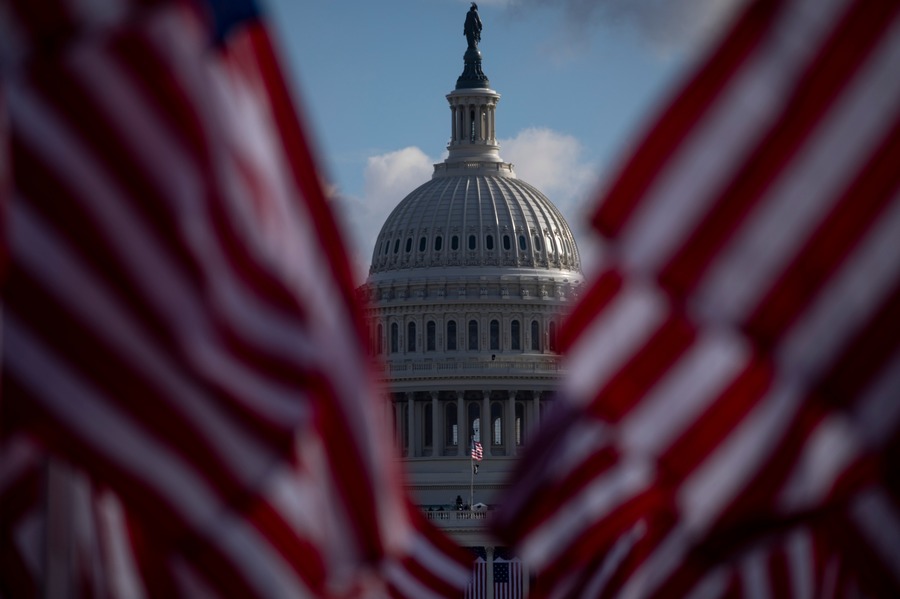U.S. Government Releases Fifth National Climate Assessment
On Nov. 13, 2023, the U.S. Global Change Research Program, “a federal program mandated by Congress to coordinate federal research and investments in understanding the forces shaping the global environment, both human and natural, and their impacts on society,” published the fifth National Climate Assessment. These assessments, published every five years, analyze the effects of climate change and what can be done to mitigate or adapt to these effects. The report opens with an overview of the United States’s current climate policy:
Across the country, efforts to adapt to climate change and reduce emissions have expanded since 2018, and US emissions have fallen since peaking in 2007. However, without deeper cuts in global net greenhouse gas emissions and accelerated adaptation efforts, severe climate risks to the United States will continue to grow.
The report is separated into five sections. The physical science chapters assess “how climate change affects physical Earth systems.” The national topic chapters summarize the current risks posed by climate change to the United States and what can be done to reduce them. Risks highlighted in the report include food insecurity, air quality deterioration, impacts on human health, and decreased biodiversity. The regional chapters give a breakdown of how climate change is impacting specific geographic regions within the United States, including rising sea levels in Hawaii and the Pacific islands, wildfires in the Southwest and Northwest, and flooding in the Southeast.
The response chapters assess the U.S. government’s response to climate change by looking at both the adaptation and mitigation strategies currently deployed, as well as potential future strategies.
The final section is “a set of five ‘Focus on…’ boxes on important cross-cutting issues.” These boxes include compound events, which result from multiple climate hazards occuring at once, western wildfires, risks to supply chains, COVID-19, and blue carbon, which is carbon captured by marine and coastal ecosystems.
You can read the report in brief here or below. The full report will be added once the PDF becomes available.




